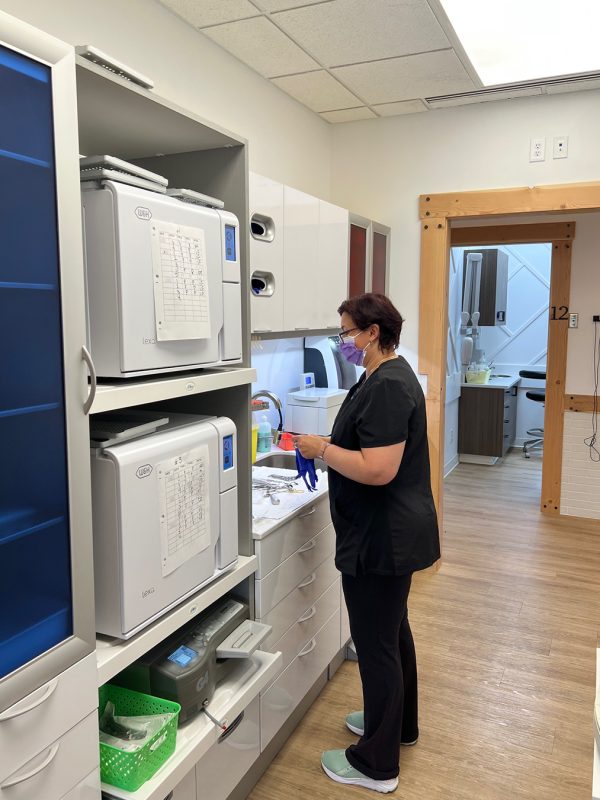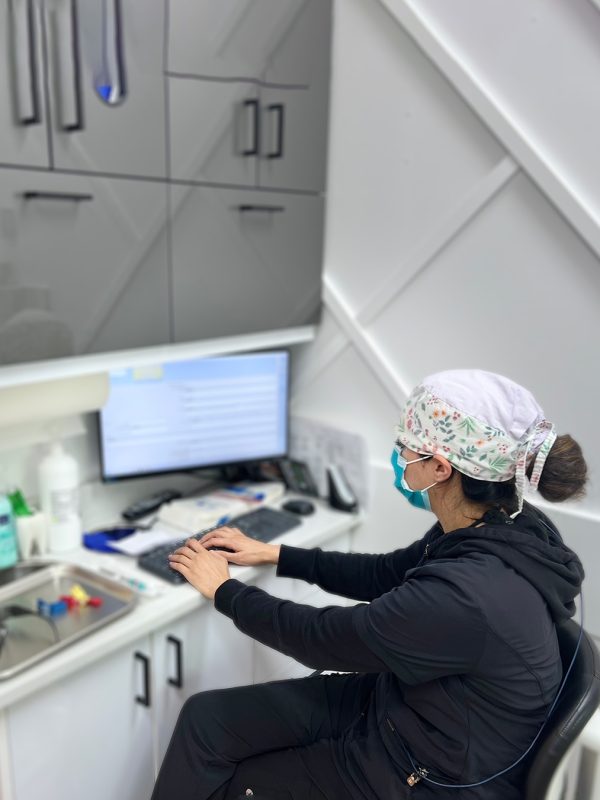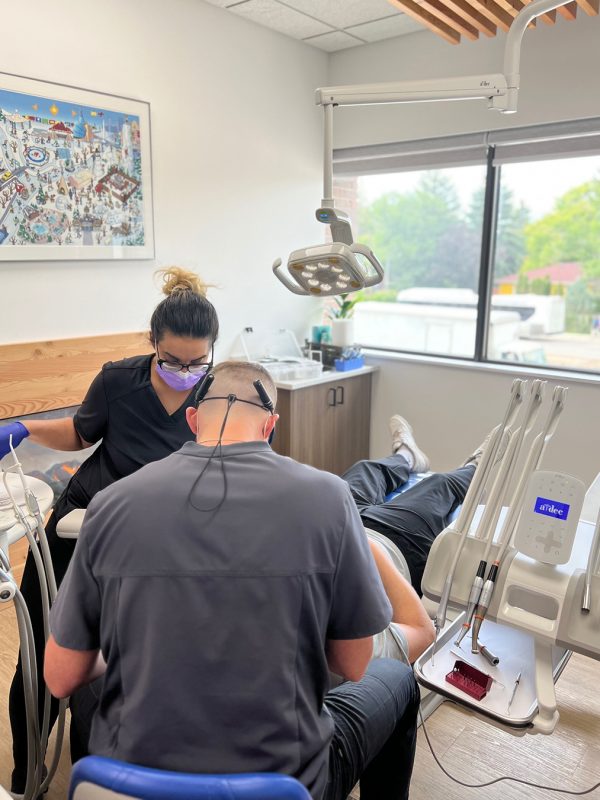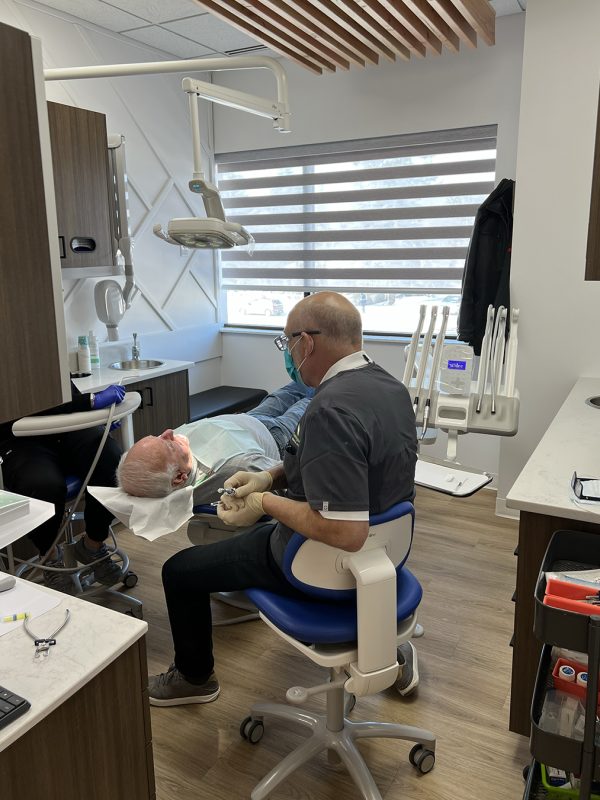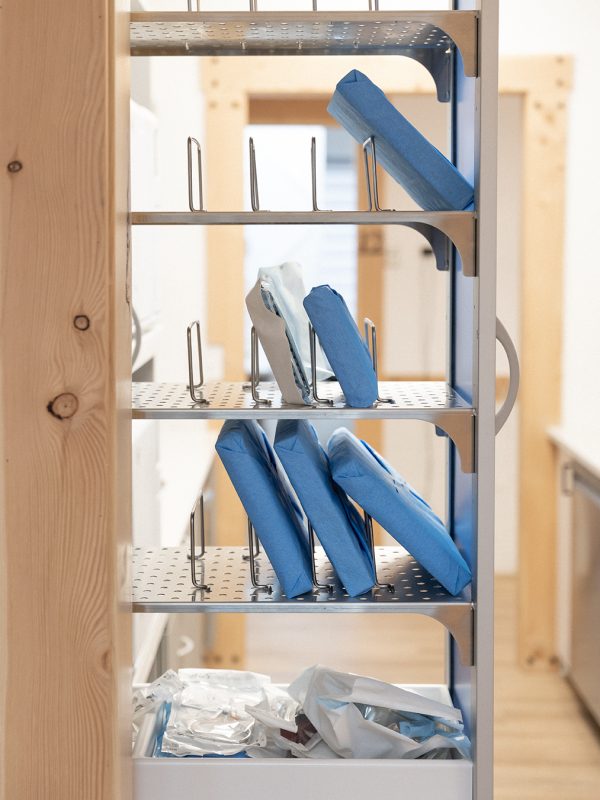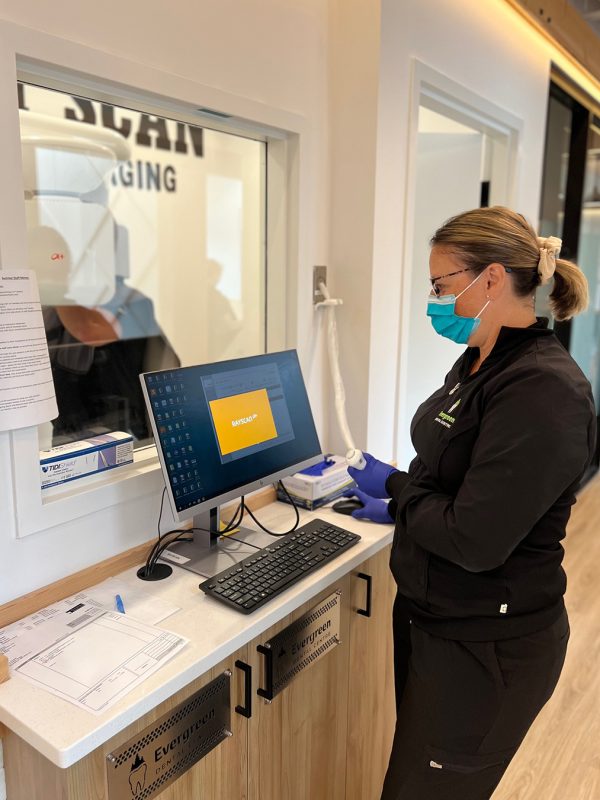A tooth abscess is a painful dental issue caused by a bacterial infection. This infection forms a pocket of pus within the tooth or surrounding gum tissue. While a tooth abscess can be quite uncomfortable, it’s important to understand the severity of the problem and seek treatment promptly. This article will explore the symptoms of a tooth abscess, the various treatment options available, and the potential risks associated with leaving it untreated.
Table of Contents:
- How Serious Is a Tooth Abscess?
- Symptoms of a Tooth Abscess
- Treatments for a Tooth Abscess
- What Happens If An Abscessed Tooth Is Left Untreated?
- Conclusion
How Serious Is a Tooth Abscess?
While a tooth abscess may initially appear as just a swollen and painful lump near your tooth, it’s important to understand that it represents a more serious underlying infection. This infection starts as a pocket of pus around the tooth, often caused by bacteria entering through a cavity, chipped tooth, or exposed gum tissue. As the body tries to fight off the bacteria, inflammation sets in, leading to swelling and pain.
Left untreated, the infection can spread from the tooth’s pulp and root to the jawbone and even other areas of the body. This can lead to significant health complications. Fortunately, prompt dental treatment effectively addresses the infection by draining the pus and eliminating the bacteria. This helps prevent the infection from spreading and ensures the long-term health of your tooth and surrounding tissues.
The seriousness of a tooth abscess lies in its potential to cause extensive damage if left untreated. Early diagnosis and intervention are crucial to avoid complications and ensure a successful recovery.
Symptoms of a Tooth Abscess
A tooth abscess can be quite uncomfortable and shouldn’t be ignored. Here are some key signs to watch out for:
Swelling
This is often one of the most noticeable symptoms. The swelling can occur around the tooth itself or even extend to your face or jaw, forming a visible lump.
Throbbing Pain
The throbbing pain in your tooth and gums is a result of the infection in the pulp, where nerves and blood vessels are located. Frequent throbbing pain is a strong signal of an abscessed tooth.
Tooth Sensitivity
The infected tooth will likely become very sensitive to hot, cold, or even slight pressure. In severe cases, you may experience difficulty opening your mouth or swallowing comfortably.
Fever or Feeling Unwell
A fever or a general feeling of being unwell can indicate that the infection has spread beyond the tooth, potentially reaching deeper tissues in your mouth or even other areas of your body.
Bad Breath and Unpleasant Taste
The pus from the abscess contains dead white blood cells and bacteria. This pus can drain and leave a sour or salty taste on your tongue, along with a noticeable foul odor in your breath.
Discolored Tooth
An abscessed tooth may appear darker than surrounding teeth. This discoloration can range from yellow to brown or even black and indicates damage to the pulp tissue caused by the bacterial infection.
If you experience any of these symptoms, it’s crucial to seek prompt dental care to address the infection and prevent further complications.
Treatments for a Tooth Abscess
Home Remedies
While a tooth abscess is a dental emergency requiring professional treatment, some home remedies can offer temporary relief if you experience mild symptoms or are waiting for your dental appointment. Here’s what you can do:
- Saltwater Rinse: Salt has natural antibacterial and anti-inflammatory properties. Rinsing your mouth with warm salt water can help reduce swelling and pain.
- Baking Soda Rinse: Another option is a baking soda rinse. Mixing baking soda with water can provide temporary relief by creating a slightly alkaline environment that may hinder the growth of bacteria.
- Hydrogen Peroxide Rinse: A rinse with diluted hydrogen peroxide can also be helpful. Hydrogen peroxide has mild antiseptic properties that can help eliminate some bacteria in your mouth.
These home remedies offer temporary relief only and should not be considered a substitute for professional dental care.
Dental Treatment Options
The specific dental treatment for your tooth abscess will depend on its severity. Your dentist may recommend one or a combination of the following:
- Tooth Abscess Drainage: The dentist will drain the pus from the abscess by making a small incision. They will then clean out the infected area and remove any dead tissue.
- Antibiotics: Antibiotics may be prescribed to help control the infection and prevent it from spreading.
- Root Canal Procedure: If possible, the dentist will attempt to save the tooth with a root canal. During this procedure, the infected pulp, nerves, and blood vessels are removed from the tooth.
- Tooth Extraction: In severe cases where the tooth cannot be saved, extraction will be necessary.
- Sepsis Treatment: If the infection has spread to the bloodstream, a serious condition called sepsis can occur. This is a medical emergency that requires immediate hospitalization and treatment.
What Happens If An Abscessed Tooth Is Left Untreated?
Untreated tooth abscesses will get worse. Unlike some other dental issues, an abscessed tooth won’t heal on its own, and home remedies can only offer temporary relief. Here’s why prompt treatment is crucial:
Worsening Symptoms and Infection Spread
Over time, the infection will worsen, leading to increased pain, swelling, and discomfort. More importantly, the infection can spread beyond the tooth to your jawbone, facial tissues, and even your bloodstream.
Serious Complications
According to the Australian Journal of General Practice, antibiotics alone won’t be enough to treat an abscess that spreads beyond the tooth. Dental treatment is necessary in these cases. If the infection reaches the fascial planes of the neck or face, there’s a risk of airway blockage or the infection spreading to the brain.
Life-Threatening Situations
In rare cases, a severe and neglected abscess can lead to a life-threatening condition called sepsis, where the infection enters the bloodstream and overwhelms the body. It has been recognized since the 20th, according to the Dental Research Journal.
Conclusion
Early diagnosis and treatment of a tooth abscess are essential for a healthy outcome. Ignoring the symptoms can lead to serious complications. To prevent an abscess from forming in the first place, practicing good oral hygiene and scheduling regular dental checkups is crucial.
The American Dental Association recommends visiting your dentist for a checkup and cleaning every six months. For a gentle and professional dental experience, consider scheduling an appointment with Evergreen Dental.





